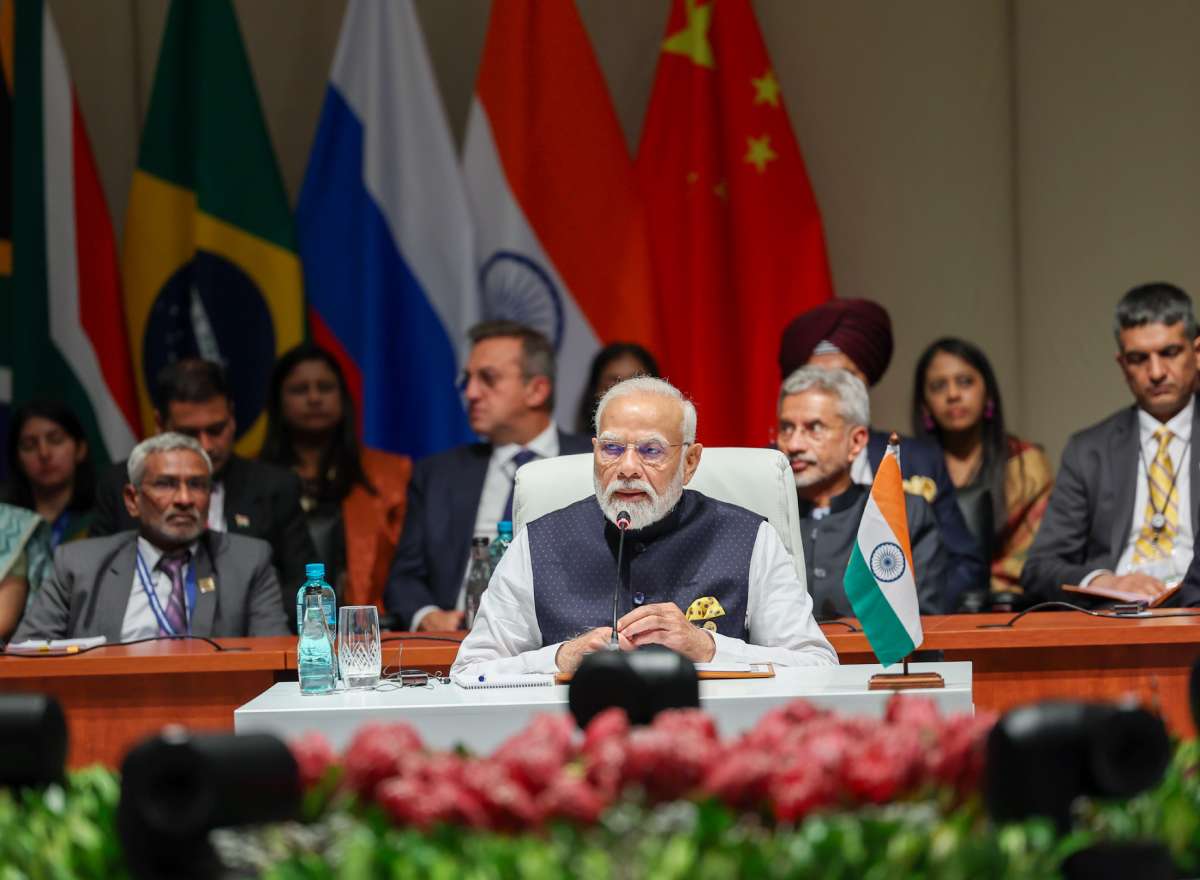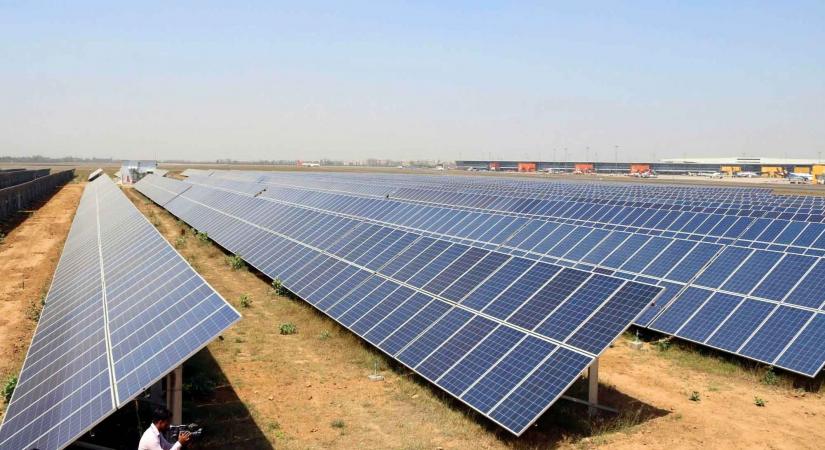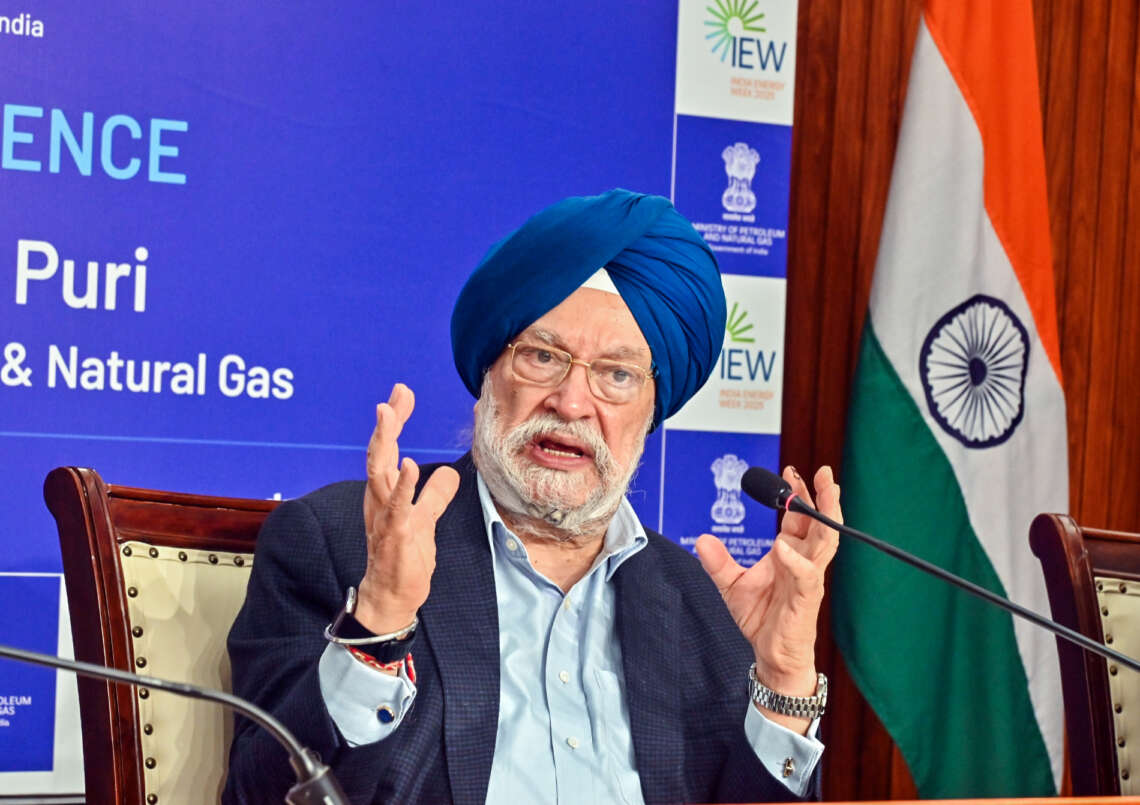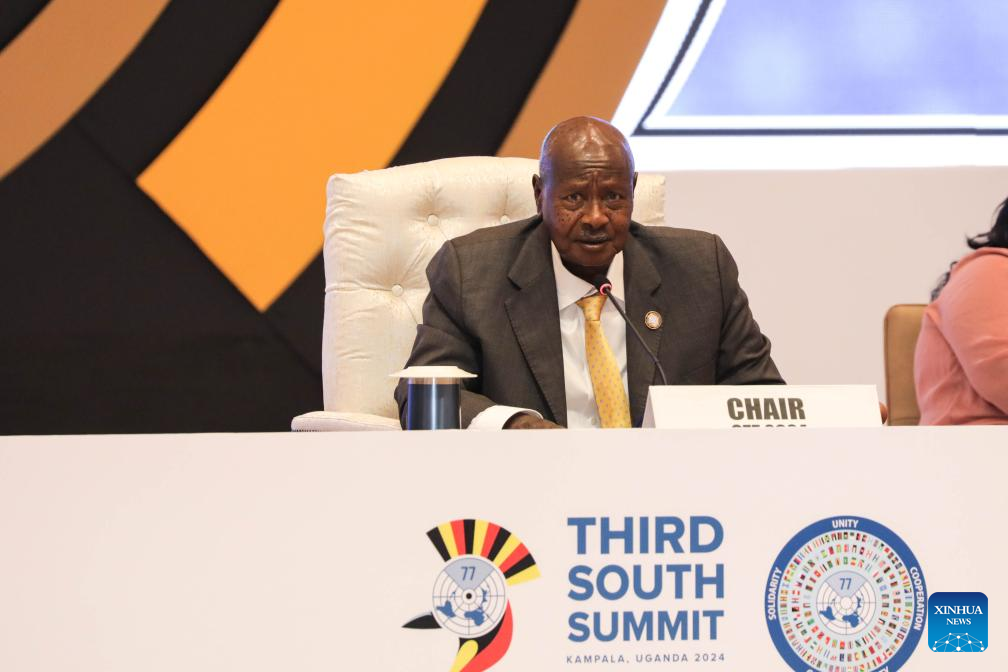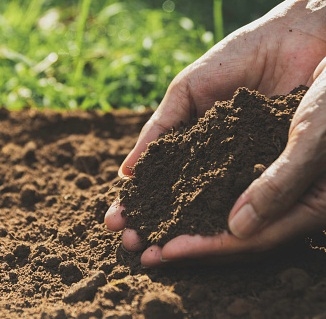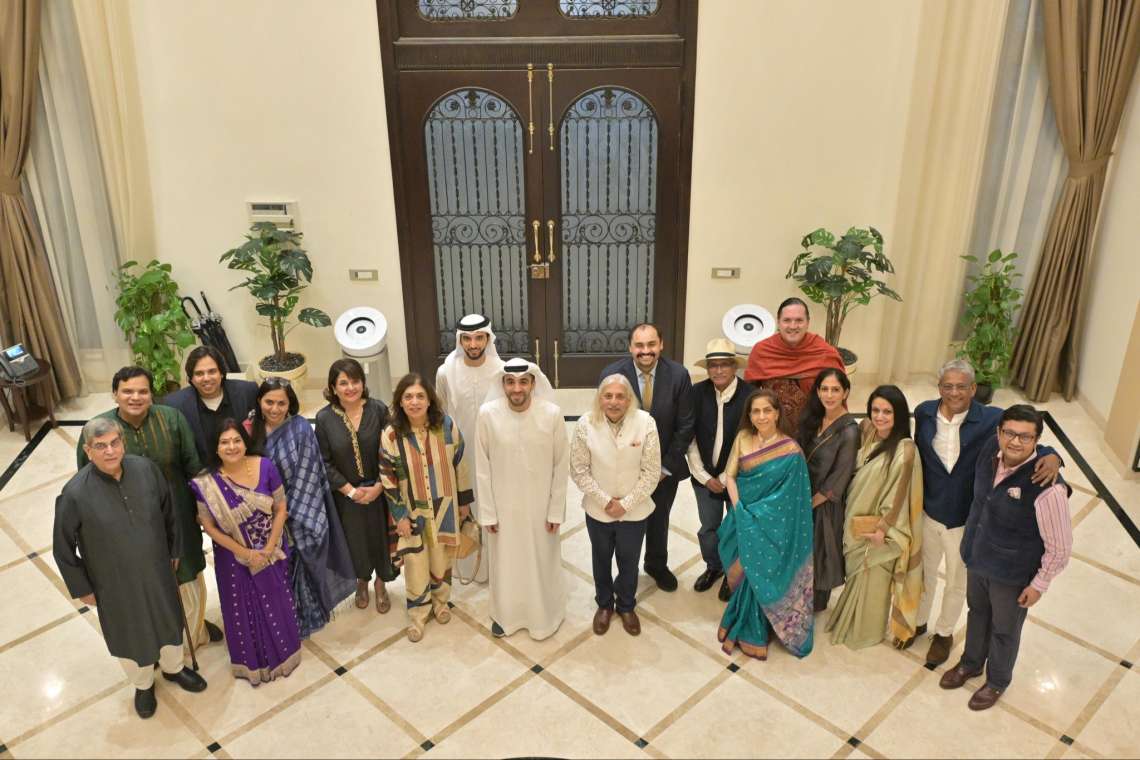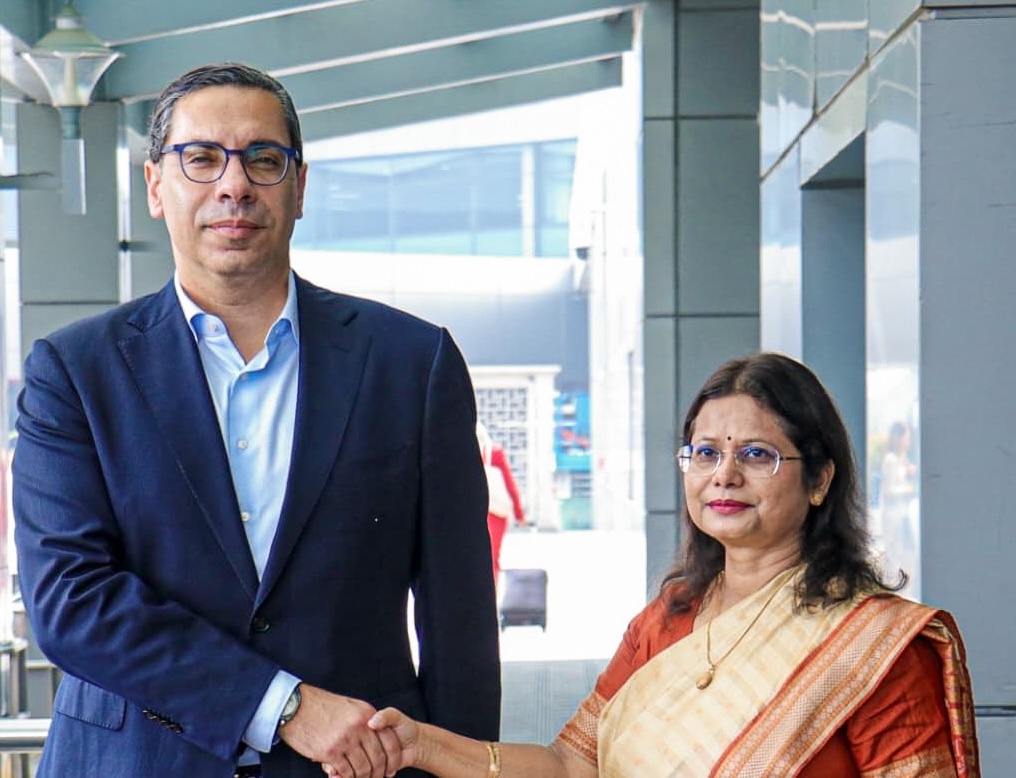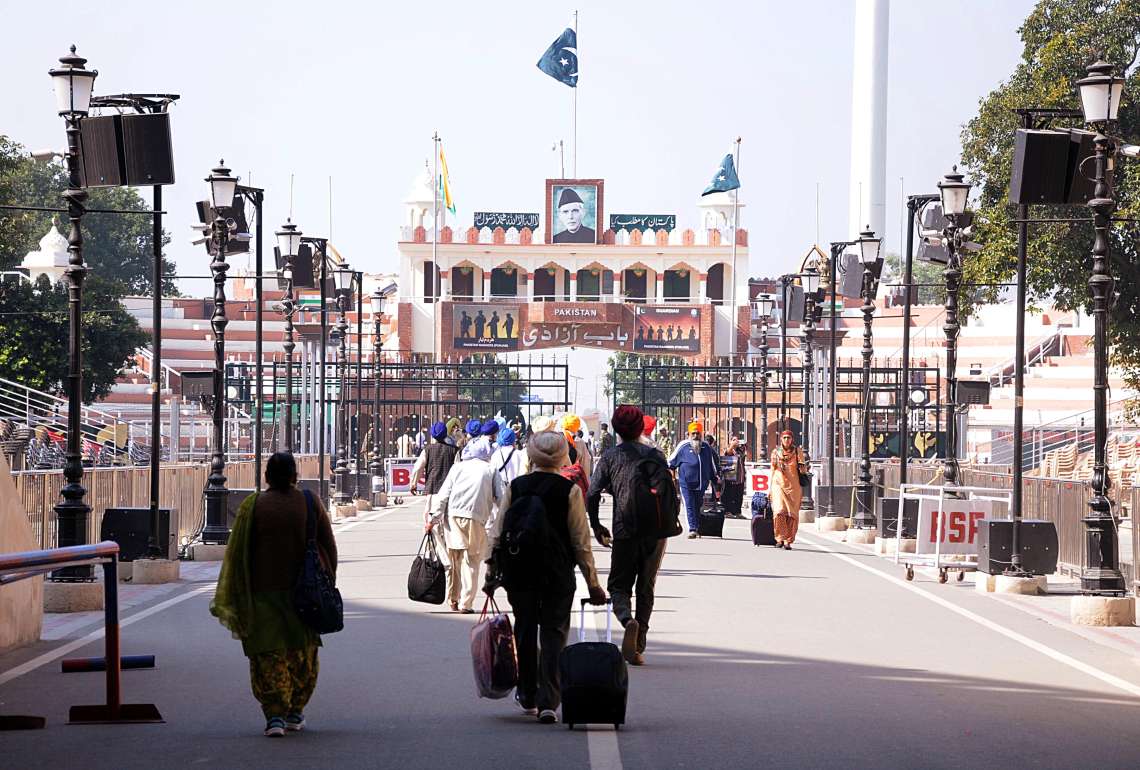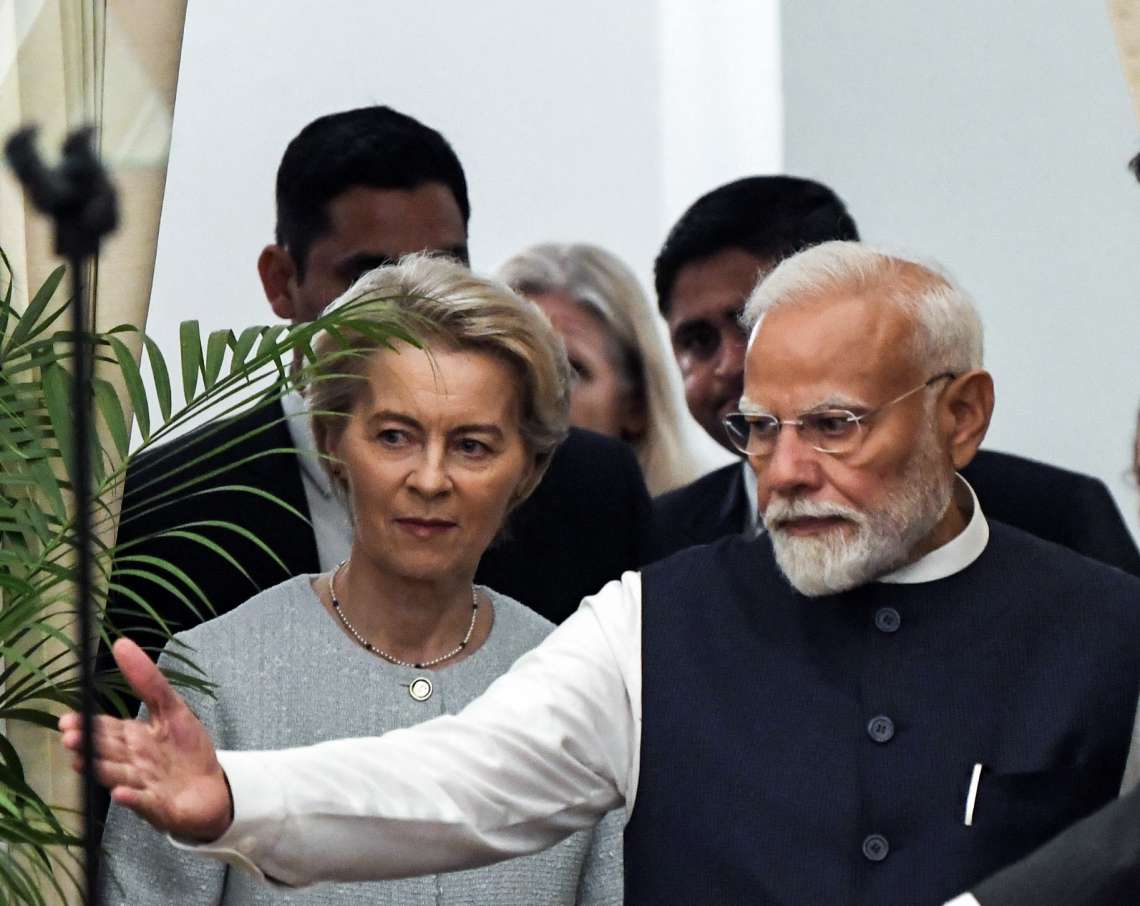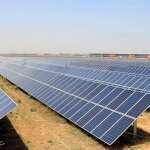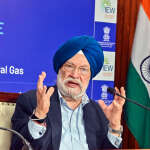PM Narendra Modi said that the Global South is not just a diplomatic term but represents the shared history of countries against colonialism and apartheid based on which modern relations are being reshaped…reports Asian Lite News
Throughout its presidency of the G20, India shares a vision of being the voice of the Global South and the country has ensured to walk the talk with its focus on raising concerns.
“Our G20 priorities will be shaped in consultation with not just our G20 partners, but also our fellow travellers in the Global South, whose voice often goes unheard,” Prime Minister Narendra Modi said last December.
When India assumed the G20 presidency on December 1, 2022, PM Modi set out various visions for the nation’s year-long presidency and the Global South was one of them.
Global South is used to refer to developing countries in Asia, Africa and Latin America, while economically developed countries such as the United States, Canada, Europe, Russia, Australia and New Zealand constitute Global North.
In fulfilling its ambition, India has raised the issues that were concerning the Global South countries on the international forums and at the United Nations meetings and conferences.
Recently, External Affairs Minister S Jaishankar affirmed that India has walked the talk when it comes to raising issues of the Global South.
“So how has India walked the talk, when it comes to Global South? Stress situations normally provide a good indicator of intent and behaviour. During the Covid (pandemic), Made-in-India vaccines were sent to about 100 countries. And about 150 nations imported medicines during this period from the Pharmacy of the World,” EAM Jaishankar had said while detailing how India worked to advance the cause of the Global South.
At the very beginning of its presidency, India hosted the Voice of Global South Summit virtually in January with representatives from 125 countries. India even ensured that the region remained centre stage at the G7 Summit in Hiroshima in May this year.
“Prime Minister Narendra Modi presided over the Inaugural Leaders’ session on 12 January. This was followed by eight Ministerial-level thematic segments dedicated to addressing the most pressing concerns of the developing world. The Summit wrapped up on 13 January with a Concluding Leaders’ Session also hosted by Prime Minister,” according to the statement released by the Ministry of External Affairs.
“The participating Leaders appreciated and congratulated the leadership of the Prime Minister for hosting the Summit at a crucial juncture. They expressed hope that the Summit would serve as a catalyst for building a prosperous and inclusive future for the world that takes into account the needs of the Global South,” the statement added.
One of the pieces of evidence that India is voicing for Global South is adding the African Union as a full member of the G20.
Recently, at the 15th BRICS Summit in South Africa, PM Modi said that the Global South is not just a diplomatic term but represents the shared history of these countries against colonialism and apartheid based on which modern relations are being reshaped.
“I am grateful to South African President Cyril Ramaphosa for giving me the opportunity to share thoughts with the leaders of Africa, Asia and Latin America. In the last two days, we have focussed on the priorities and concerns of the countries of Global South,” PM Modi said.
“We believe that giving importance to them is the need of the current generation. We have also decided on the expansion of BRICS. We welcome all new partner countries. It is another step towards making the global institutions and forums competitive,” he added.
Later in June, keeping in view the vision of PM Modi for India’s G20 Presidency to attempt to voice the views of the Global South on important international issues, India held a two-day event on International Taxation at the National Academy of Direct Taxes (NADT), Nagpur in collaboration with South Centre, a Geneva-based intergovernmental policy research think-tank of 55 developing countries, including India.
In the event, the G20-South Centre Capacity Building Event on International Taxation titled ‘Two Pillar Solution – Understanding the Implications for the Global South’ comprised two-panel discussions on the Two-Pillar Solution and its alternatives.
The discussions during the event focussed on the ramifications of the Two-Pillar Solution for developing economies. The event also included a workshop on Tax Treaty Negotiations. This event is an initiative of the Indian Presidency to bolster capacity building for Indian tax officials of both senior and middle management levels in the area of International Taxation, with a global south perspective.
Narrative of women-led development
As India is gearing up to host the G20 Leaders Summit, the concept of ‘women-led’ development has been at the centre of New Delhi’s agenda throughout its presidency.
Marking a shift from the focus on women’s empowerment alone, women-led development has emerged as a crucial focus area on a life-course approach basis under India’s presidency.
Through consensus-building on the global stage, India modelled a vision for progress in uplifting women worldwide with seven in-person conferences and 86 international meetings including virtual meetings that witnessed the participation of over 300 delegates from 18 G20 countries and seven guest countries.
New Delhi has also laid focus on the empowerment and recognition of women at the local or community level. This was recognized by PM Modi himself, who stated that empowerment of women is the “bedrock of our society’s development and their leadership, especially at the grassroots, is crucial for our inclusive and sustainable progress”.
Under India’s presidency, the G20 Ministerial Conference on Women’s Empowerment was held in Gandhinagar, Gujarat from August 2-4, with participation by Women and Gender Equality Ministers from across the G20 and Guest countries.
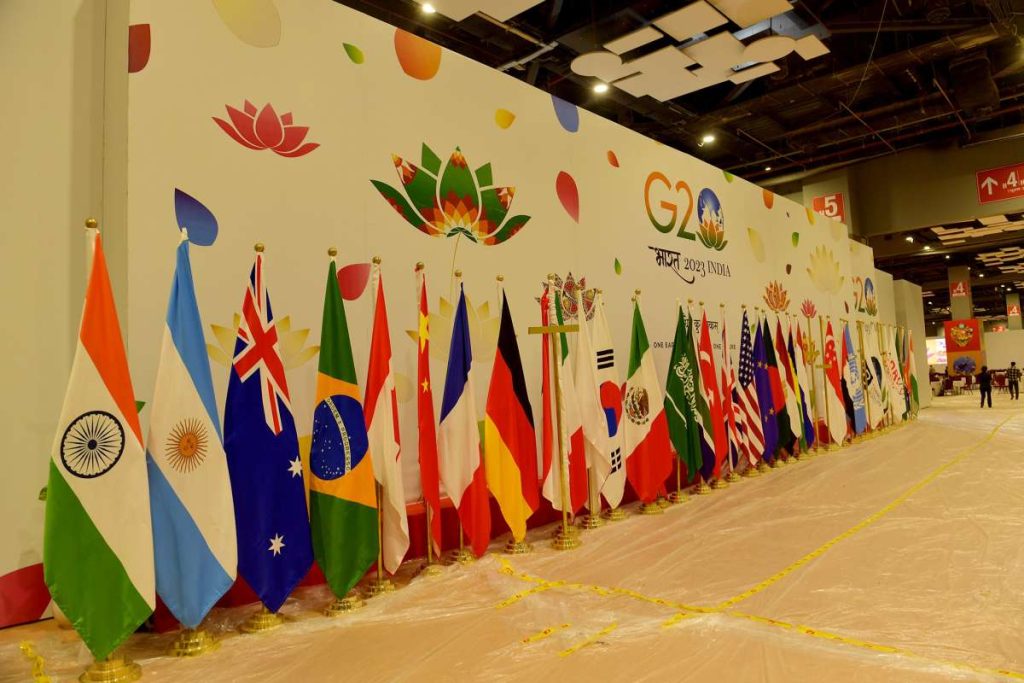
The Ministry of Women and Child Development as the Nodal Officer for G20 Empower and W20 organized seven international meetings including the Ministerial Conference for Woman Empowerment.
The Conference had a total participation of over 138 International delegates from 15 G20 Countries namely Argentina, Australia, Brazil, Canada, European Union, Germany, Indonesia, Italy, Japan, Mexico, the Republic of Korea, Saudi Arabia, Turkey, the United Kingdom, and USA and 5 Guest Countries namely Bangladesh, Mauritius, Netherlands, Singapore and UAE. There have been over 60 speakers at the Conference.
Addressing the event, PM Modi emphasized that President Droupadi Murmu is setting an inspiring example herself. He underlined that she leads the world’s largest democracy and serves as the Commander-in-Chief of the world’s second-largest defence force even though she comes from a humble tribal background.
The Prime Minister noted that elected women representatives have been key agents of economic, environmental and social change and informed that 46 per cent of elected representatives in rural local bodies in India are women numbering 1.4 million.
“More than 80 per cent of nurses and midwives in India are women. They were our first line of defence during the pandemic. And, we are proud of their achievements”, he added.
He also informed that the number of women in technical education in Industrial Training Institutes has doubled since 2014, nearly 43 per cent of STEM (Science, Technology, Engineering, and Mathematics) graduates in India are women, and about one-fourth of space scientists in India are women.
“Behind the success of our flagship programmes like Chandrayaan, Gaganyaan and Mission Mars lies the talent and hard work of these women scientists”, PM Modi said.
The Prime Minister also laid emphasis on the importance of women-led development during his Independence Day address.
Addressing the nation on the 77th Independence Day, he said, “The one thing that will take the country forward is women-led development. Today, we can proudly say that India has the maximum number of pilots in civil aviation. Women scientists are leading the Chandrayaan mission,” PM Modi said.
“The G20 countries are also recognising the importance of women-led development,” he added.
Union Minister for Women and Child Development Minister, Smriti Irani has also pointed out that it is because of PM Modi’s vision, that women-led development had become a subject of deliberations during the G20 leadership meetings.
While addressing the ‘Ministerial Conference on Women Empowerment’, she said that earlier, women-related issues were not paid much heed, but now they have been at the centre of the G20 deliberations.
Meanwhile, India’s achievements on the front of women-led development were reflected by the speakers including women achievers and drivers of change at the grassroots.
These included Hirabai Ibrahim Lodi, recipient of the Padma Shri, India’s fourth highest award for civilians, for her work on women’s empowerment and education.
It also included Rasila Ben, India’s first female forest guard and now Head of the Rescue Department of the Gir National Park, which focuses on lion conservation. These inspiring women spoke at an international conference for the first time.
Notably, under India’s Presidency, 149 model initiatives from 19 G20 countries have been added to the Best Practices Playbook for G20 EMPOWER. Previously, the Best Practices Playbook had 3 focus areas; India added a new chapter in the EMPOWER playbook to support women at the grassroots.
With women-led development as the guiding light, India’s G20 presidency also outlined solutions tailored for women across education, entrepreneurship, technology, finance and beyond. Partnerships were strengthened, mindsets shifted, and policies transformed through camaraderie, consensus and teamwork.
Gender equality has been called “the greatest human rights challenge of our time”, and through its presidency, India advanced the G20’s role in meeting this challenge.
Its legacy lies in enabling women’s contributions across all levels of the economy and society through a presidency which incisive, decisive and action-oriented for ‘One Earth, One Family, One Future’ for the upliftment of not just women but humanity.
The W20 engagement group added emphasis on the role of women in climate change resilience with a first responders’ framework having been developed towards this.
This also aligns with India’s Mission LiFE or Lifestyle for Environment. As Prime Minister Modi highlighted that women are the brand ambassadors for Mission LiFE as they, for example, reduce, reuse, recycle and repurpose waste based on traditional wisdom.
Notably, under India’s Presidency, 149 model initiatives from 19 G20 countries have been added to the Best Practices Playbook for G20 EMPOWER. For the first time, the KPI Dashboard for G20 EMPOWER would look at the role of women in Small and Medium Enterprises.
India’s Presidency has added substantially to G20 EMPOWER advocates (comprising CEOs, association heads and other leaders) promoting women’s advancement. These have increased from 380 to 544, with 100 of the new additions coming from India.
The G20 EMPOWER advocacy pledge has also been updated to strengthen commitments to gender equality. 73 inspirational stories from 9 G20 countries highlighted women surmounting barriers have been placed on the G20 EMPOWER website.
Under India’s Presidency, there has been an emphasis on the need for gender-disaggregated data for improved decision-making, as well as on the role of public-private partnerships for impact.
Over 300,000 citizens were engaged through Janbhagidari events or Citizen Engagement to showcase Women–led Development.
Meanwhile, India is geared up to host the G20 Leader’s Summit in the national capital at the newly inaugurated Bharat Mandapam on September 9-10.
This is the first time that the G20 Summit is taking place under India’s presidency. The event will be graced by many global leaders and delegates. Extensive preparations and arrangements have been made for the summit, with the intention of showcasing both India’s soft power as well as modern face.
India assumed the G20 presidency on December 1 last year and about 200 meetings related to G20 were organized in 60 cities across the country.
The 18th G20 Summit in New Delhi will be a culmination of all the G20 processes and meetings held throughout the year among ministers, senior officials, and civil societies.
A G20 Leaders’ declaration will be adopted at the conclusion of the G20 Summit, stating Leaders’ commitment towards the priorities discussed and agreed upon during the respective ministerial and working group meetings.
“When women prosper, the world prospers. Their economic empowerment fuels growth, their access to education drives global progress, their leadership fosters inclusivity, and their voices inspire positive change,” said PM Modi. (ANI)
ALSO READ-India’s Presidency Shows Way For Digital Public Infra

